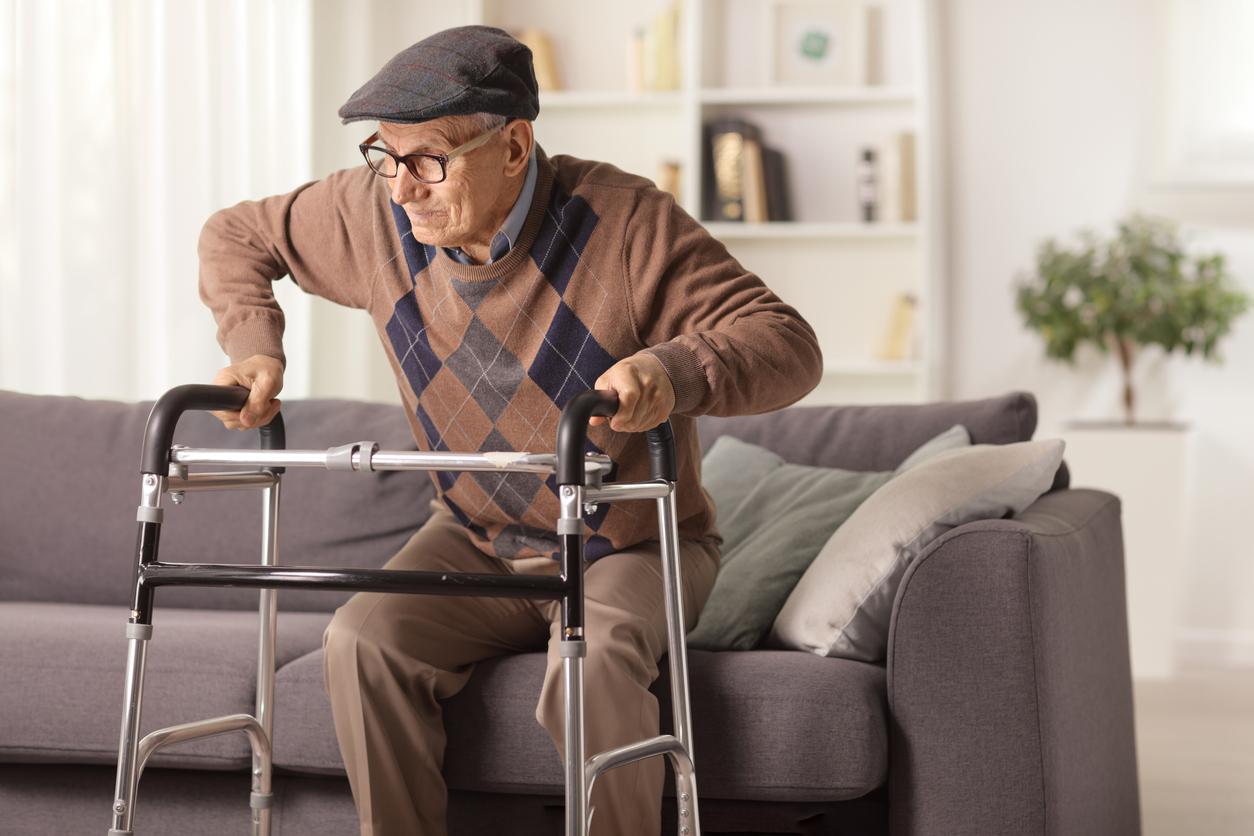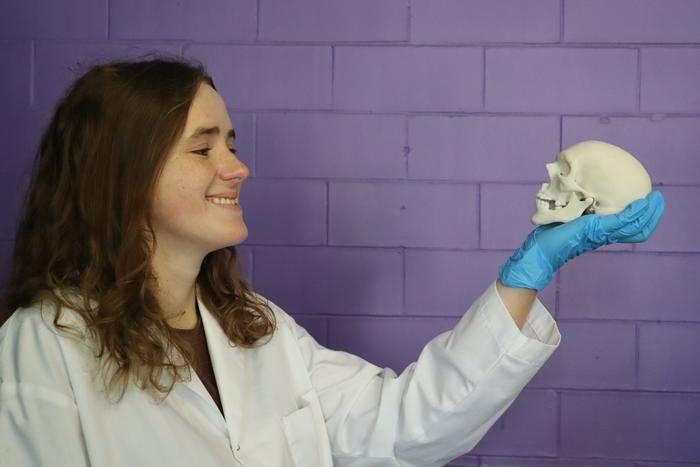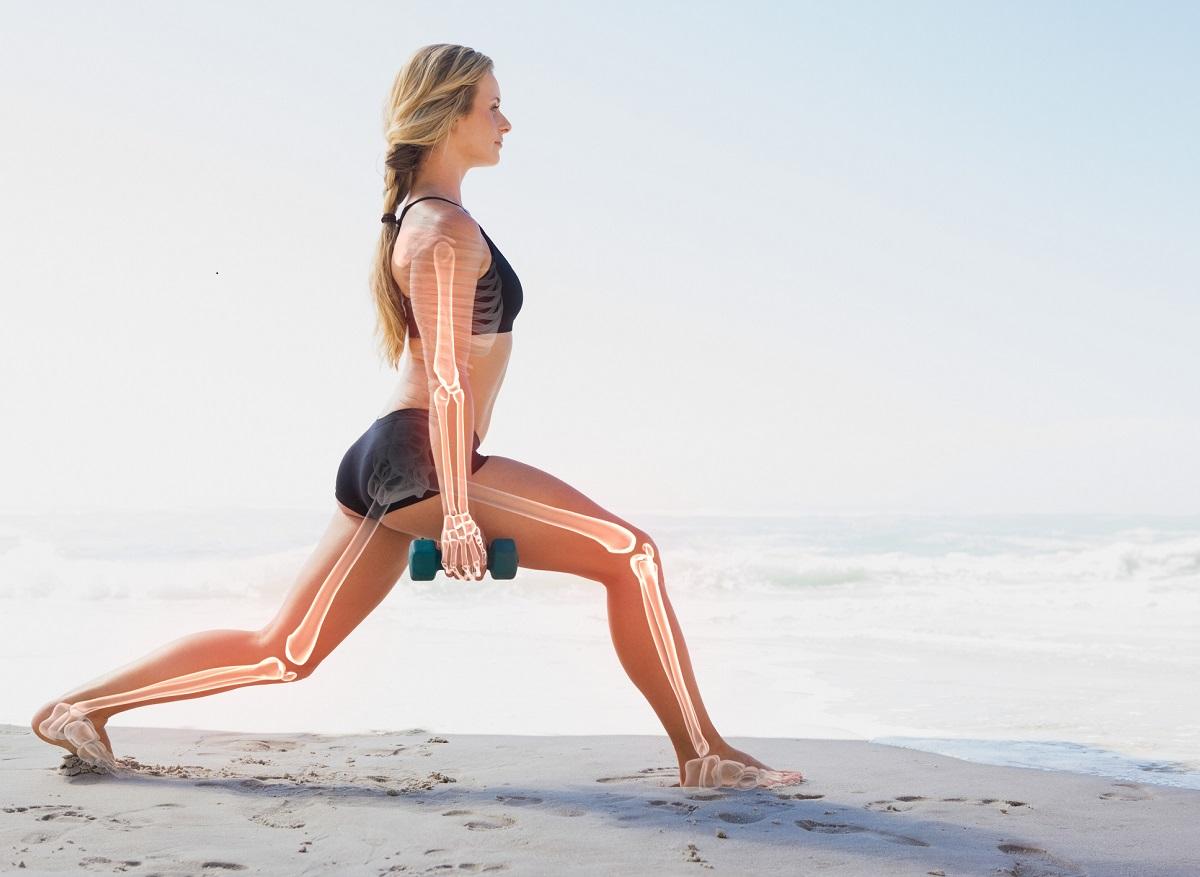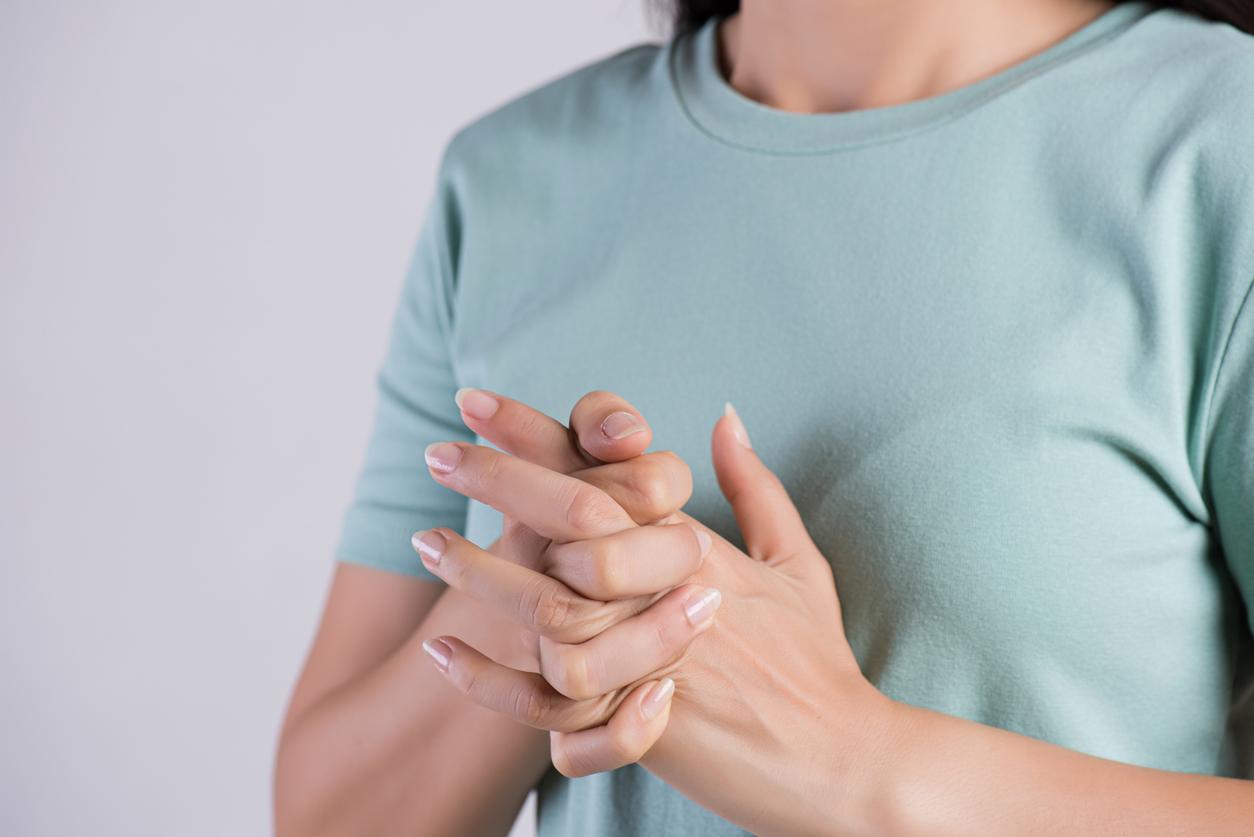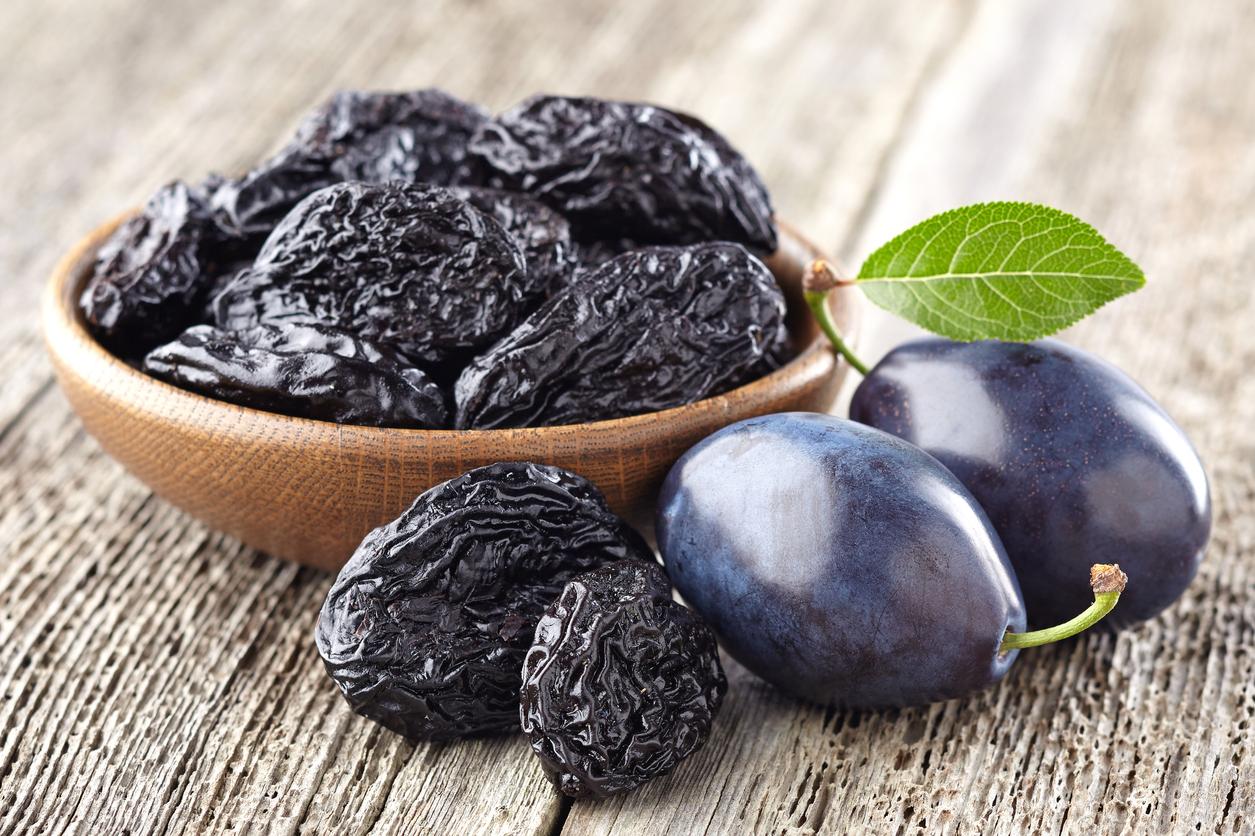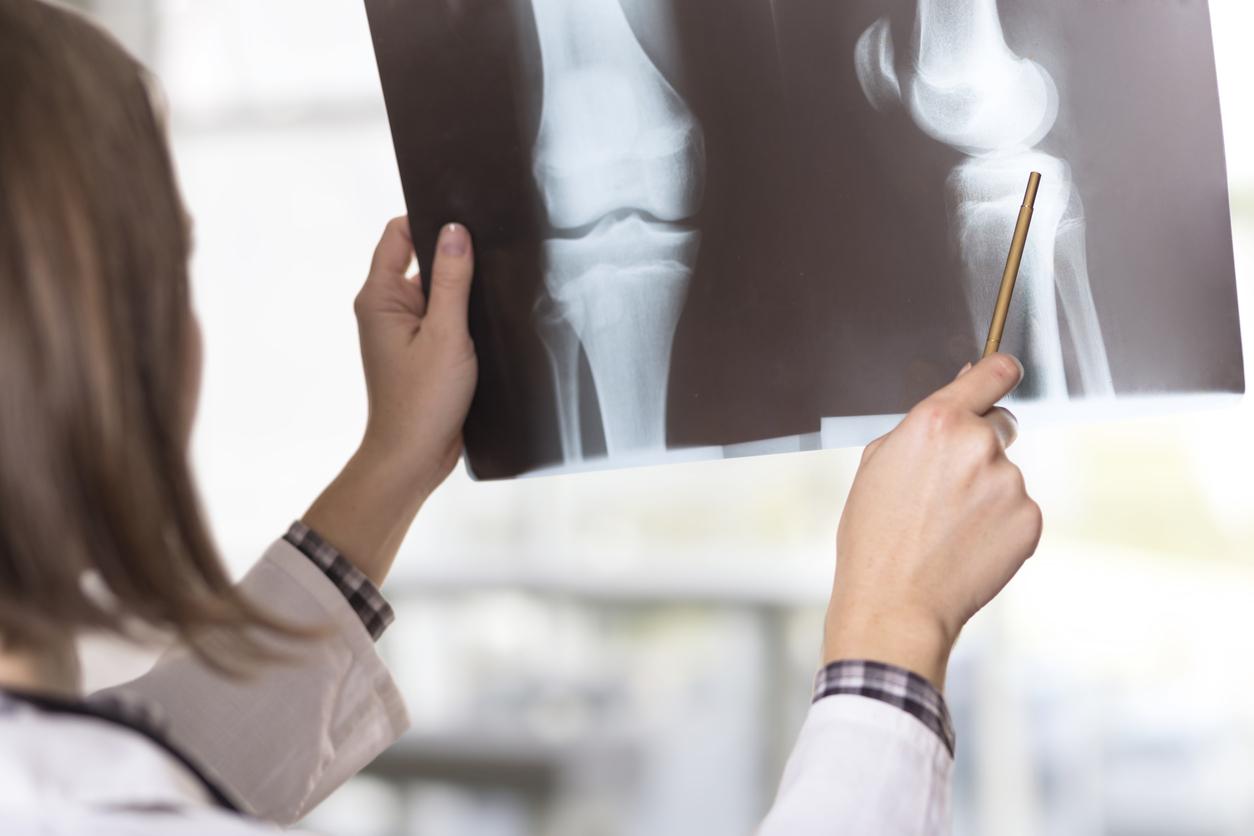Top health: why are men more sought after than women?
Dr Evelyne Marry, Director of the France Bone Marrow Registry Registry at the Biomedicine Agency: we are looking for men to rebalance the French register of bone marrow donors. Indeed, today, 66% of registered donors are women. You should also know that a bone marrow graft taken from a man allows easier management of the transplant in the patient. But women must remain mobilized, because transplant doctors always favor the donor with the closest compatibility with the patient, whether male or female.
Top health: why does the bone marrow transplant in men have a better chance of being accepted by the body of a transplant patient?
Dr. Evelyne Marry: it’s a matter of immunology. The biological characteristics of men are more favorable to the management of a transplant. Indeed, during any pregnancy, women develop maternal antibodies which then remain present in their bodies. The “memory” of this immunological reaction subsequently makes the management of their bone marrow transplant a little more complex. This is why we are looking to recruit more male donors this year. Our goal is to give patients ever more chances of finding a compatible donor.
Top health: can a man give his marrow to a woman? Reciprocally ?
Dr. Evelyne Marry: absolutely ! A woman can give for a man, and vice versa. Similarly, adult donors can donate for sick children. Only the compatibility, which is determined by the genetic history of the donor and the patient, is decisive.
Top health: what to say to men to convince them to become donors?
Dr. Evelyne Marry: a recent survey showed that 6 out of 10 men mistakenly believe that the bone marrow harvest takes place in the spine. Above all, we must correct these misconceptions: the bone marrow has nothing to do with the spinal cord. The sample is not taken from the spine, so there is no risk of paralysis. Today, the most common sampling method, in 3 out of 4 cases, is a blood sample, as for a platelet donation. Otherwise, it is a sample under anesthesia at the level of the pelvic bone. Finally, the bone marrow cells collected regenerate within a few days after the donation.
Top health: how many donors do we need?
Dr. Evelyne Marry: each year, in France, 2000 patients need a cell transplant from bone marrow to be cared for. Our goal is to recruit at least 18,000 new donors in 2016. The more donors there are, the better chance we can offer a patient of finding a compatible donor and therefore of being transplanted.
Top health: a little reminder: what are the conditions for being a donor?
Dr. Evelyne Marry: To become a bone marrow donor, you must be between 18 and 50 years old, in perfect health, and agree to answer a medical interview at the time of final registration. To pre-register, simply log on to www.dondemoelleosseuse.fr . This site also answers donors’ main questions and provides a great deal of educational information to enable them to make their decision to register with confidence.
Top health: what types of patients can be saved?
Dr Evelyn Marry : Transplantation of bone marrow cells can treat many serious blood diseases. The best known to the general public are the leukemias. But other diseases like lymphomas, bone marrow aplasia or congenital immune deficiencies can benefit from this transplant.
Top health: what is the probability of being compatible?
Dr. Evelyne Marry: it is estimated, on average, that the probability of finding a compatible donor is one in a million. It is therefore essential to diversify donor profiles to meet the unique needs of each patient.
Read also:
Bone marrow donation: how does it work?
Testimonial: I donated my bone marrow
First World Bone Marrow Donation Day: become Life Watchers








